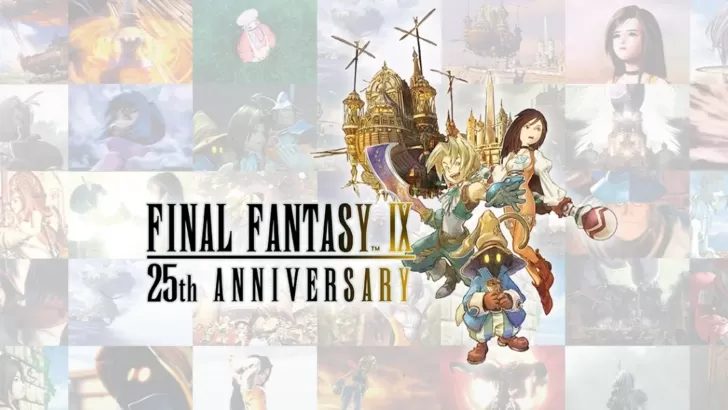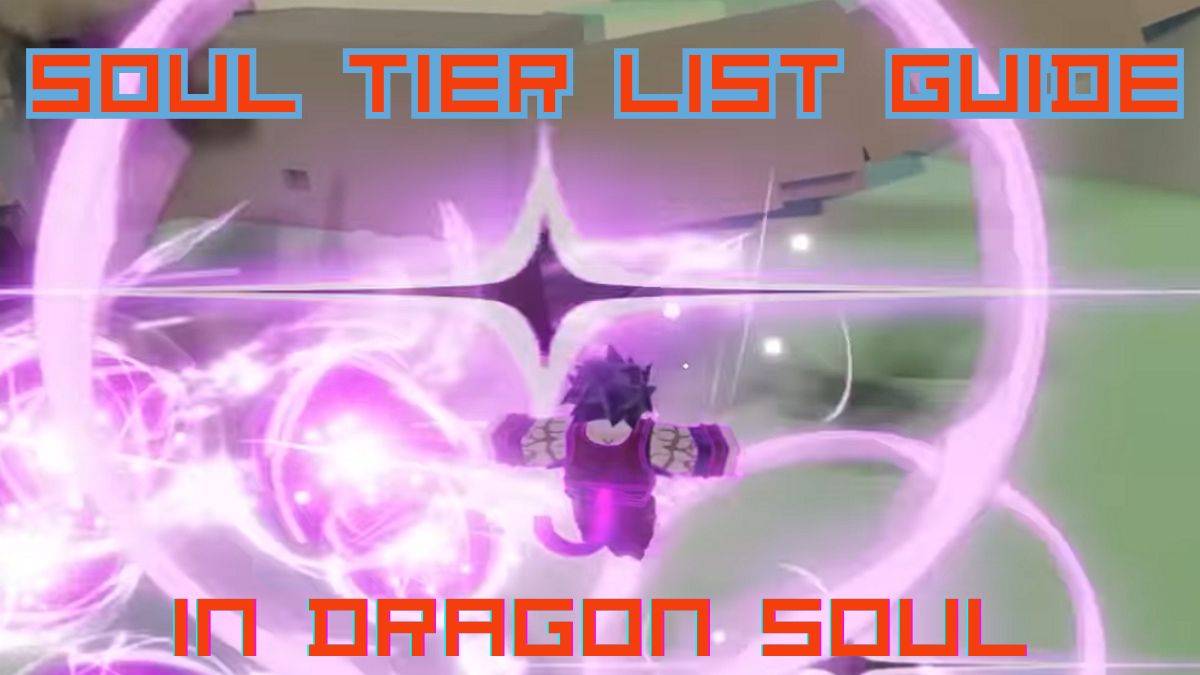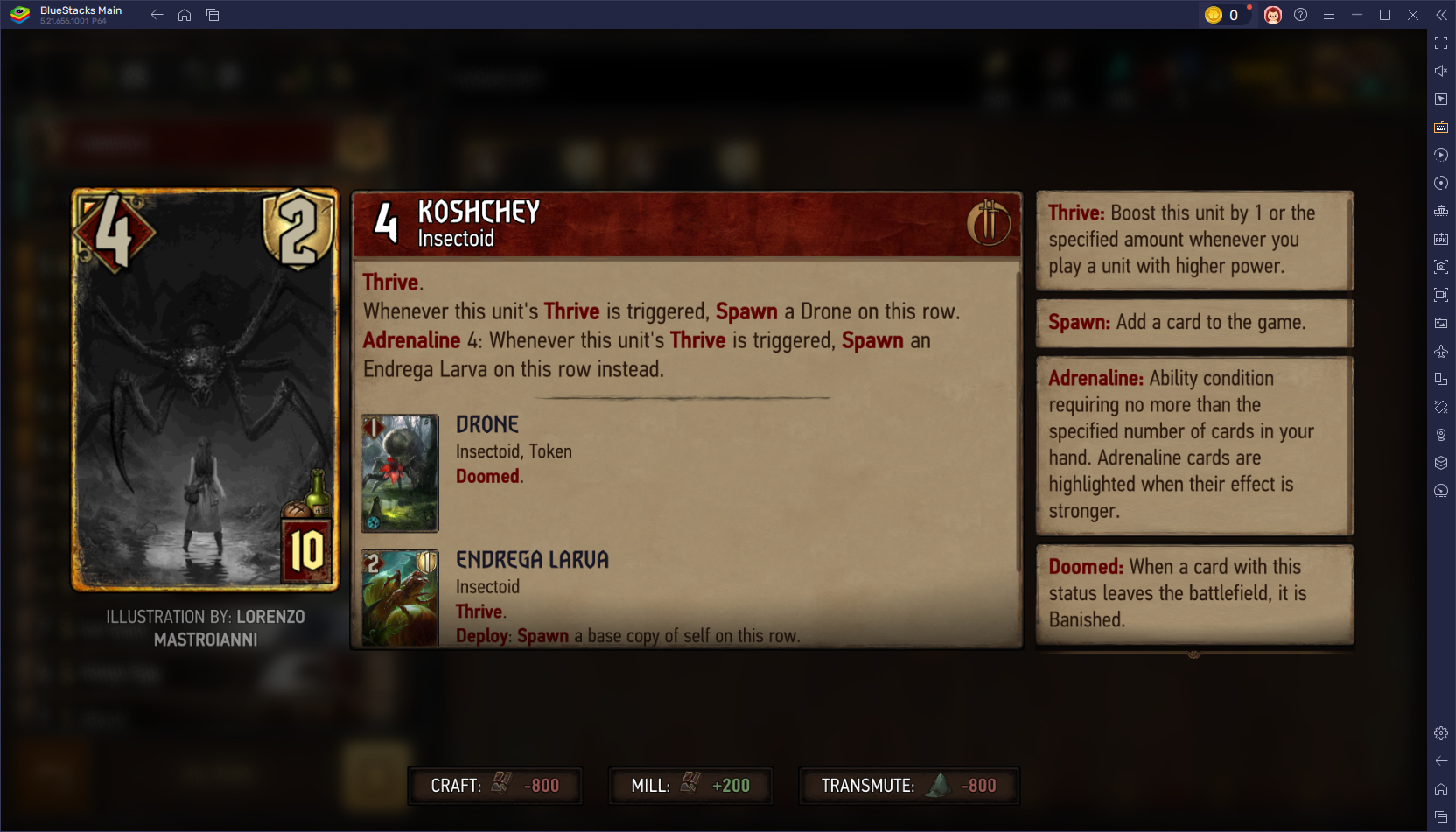Split Fiction Faces Backlash Over Alleged \"Feminist Propaganda\"
- By Nora
- Mar 18,2025
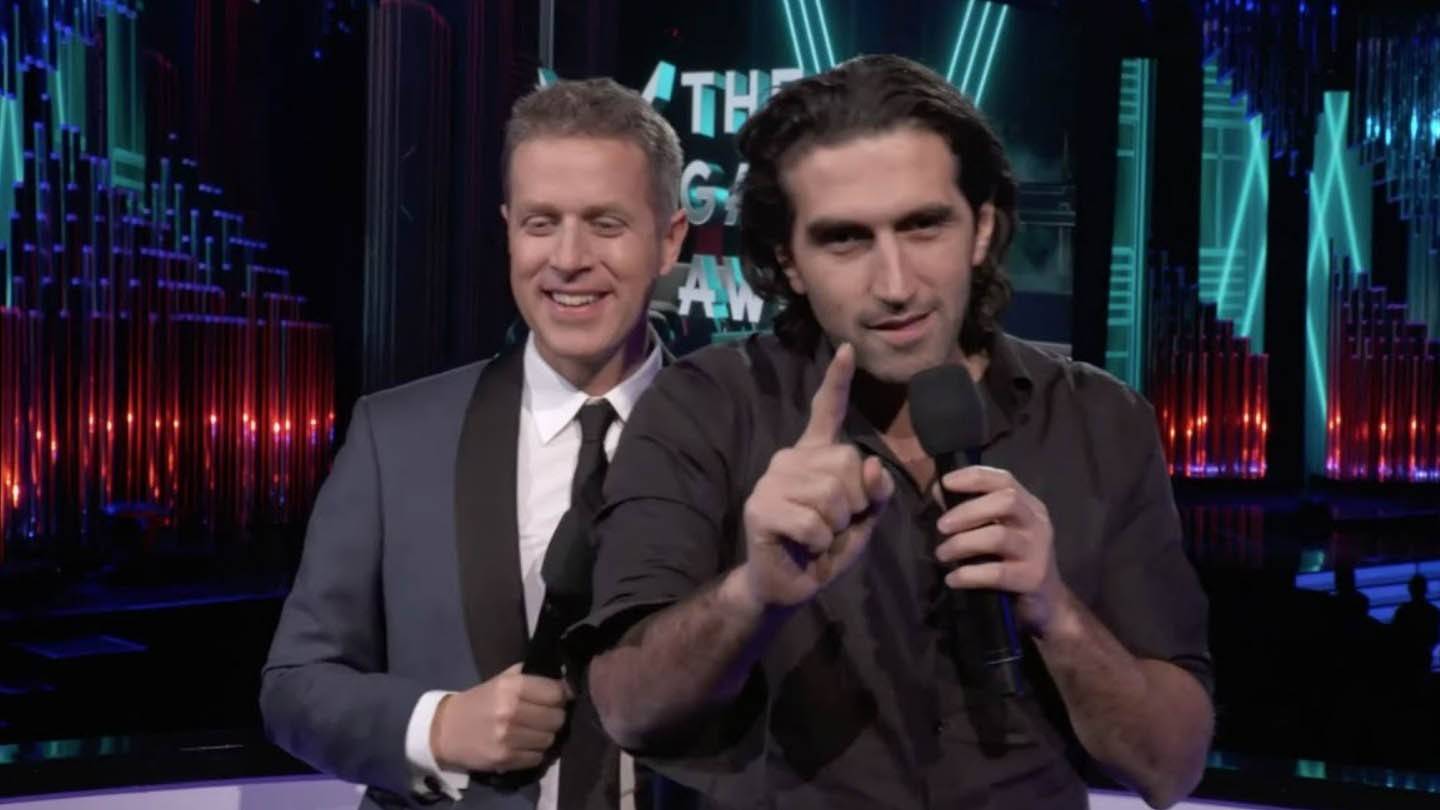
Josef Fares' Split Fiction, the latest cooperative adventure from the creator of It Takes Two, has sparked debate. The game features two female protagonists, a narrative choice that has drawn both praise and criticism. Some critics have accused the game of promoting "feminist propaganda," igniting online discussions.
Fares, known for his direct communication style, responded humorously to these claims. He pointed out the varied gender pairings in his previous games (Brothers: A Tale of Two Sons, A Way Out, and It Takes Two), highlighting his focus on creating compelling characters regardless of gender. He stated, "Let me tell you something: in Brother, there were two guys, in A Way Out—two guys, in It Takes Two—one man, one woman, and now two women, and suddenly ‘everyone’s upset.’ […] I don’t care what you’ve got between your legs—good characters are what matter."
Split Fiction's central premise follows these two women on a deeply personal journey. While many applaud its innovative gameplay and heartfelt narrative, others criticize the choice of protagonists, viewing it as a politically motivated decision. These critics argue the female leads are unnecessary or overly political. However, this backlash is countered by those who champion increased representation in gaming.
Fares' response emphasizes his dedication to compelling storytelling, not ideological agendas. He challenges critics to judge the narrative's quality, not its surface-level representation.
The controversy surrounding Split Fiction reflects ongoing societal discussions about diversity and representation in media. While some see the inclusion of two female leads as progress towards inclusive storytelling, others view it as a source of broader cultural conflict. Split Fiction, in pushing boundaries and offering new perspectives, finds itself at the forefront of these conversations. Despite the criticism, the overwhelmingly positive reception suggests the game’s narrative resonates widely.
Latest News
more >-
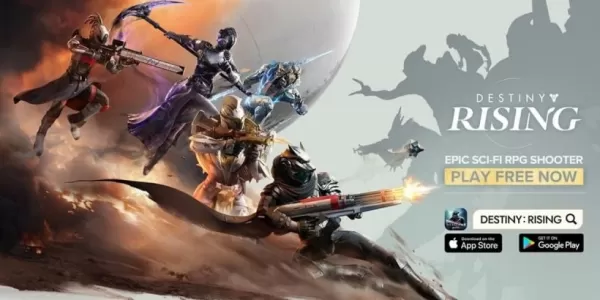
-
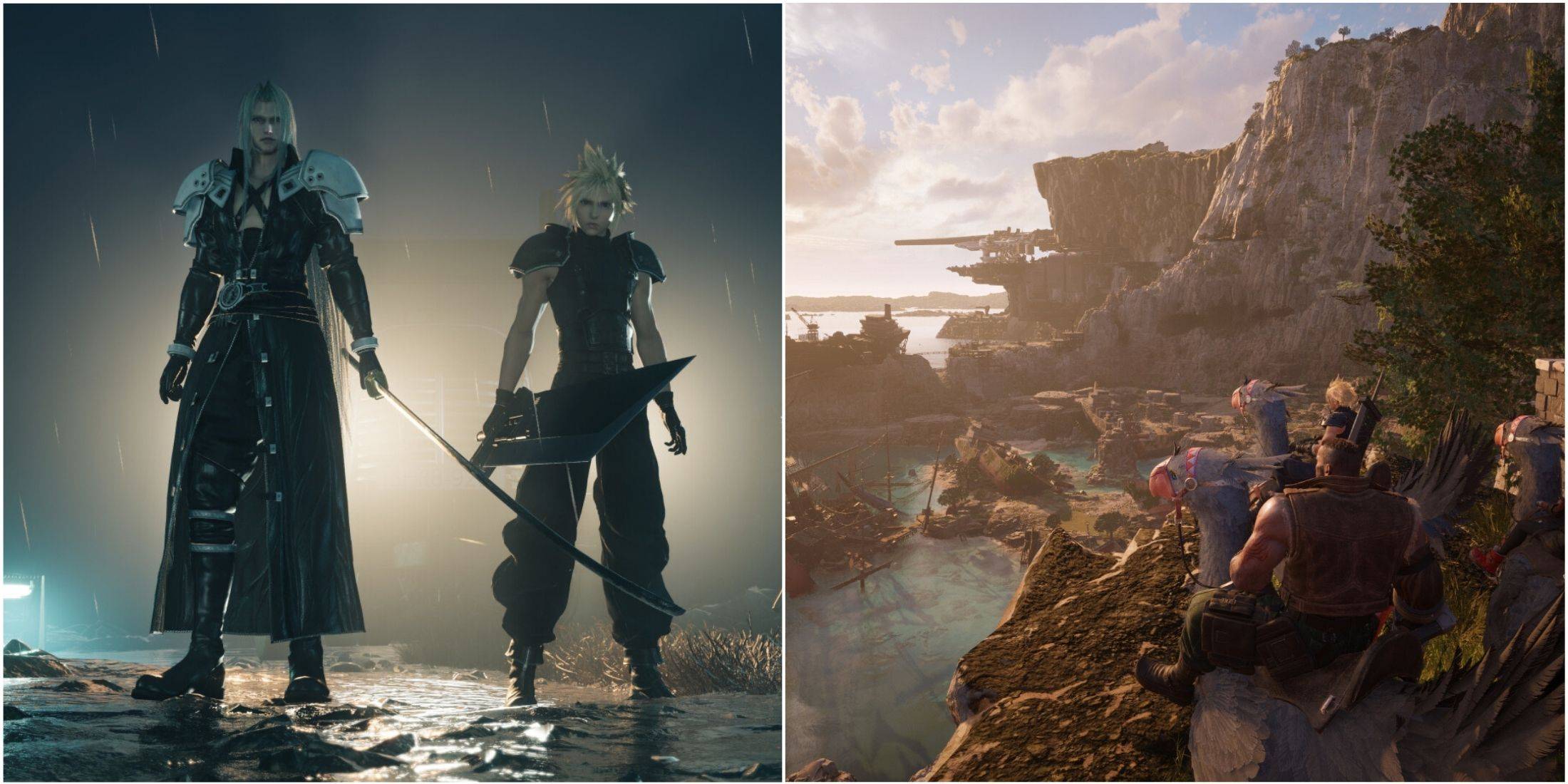
- Final Fantasy 7 Rebirth PC pre-orders begin
- Jan 01,2026
-

-
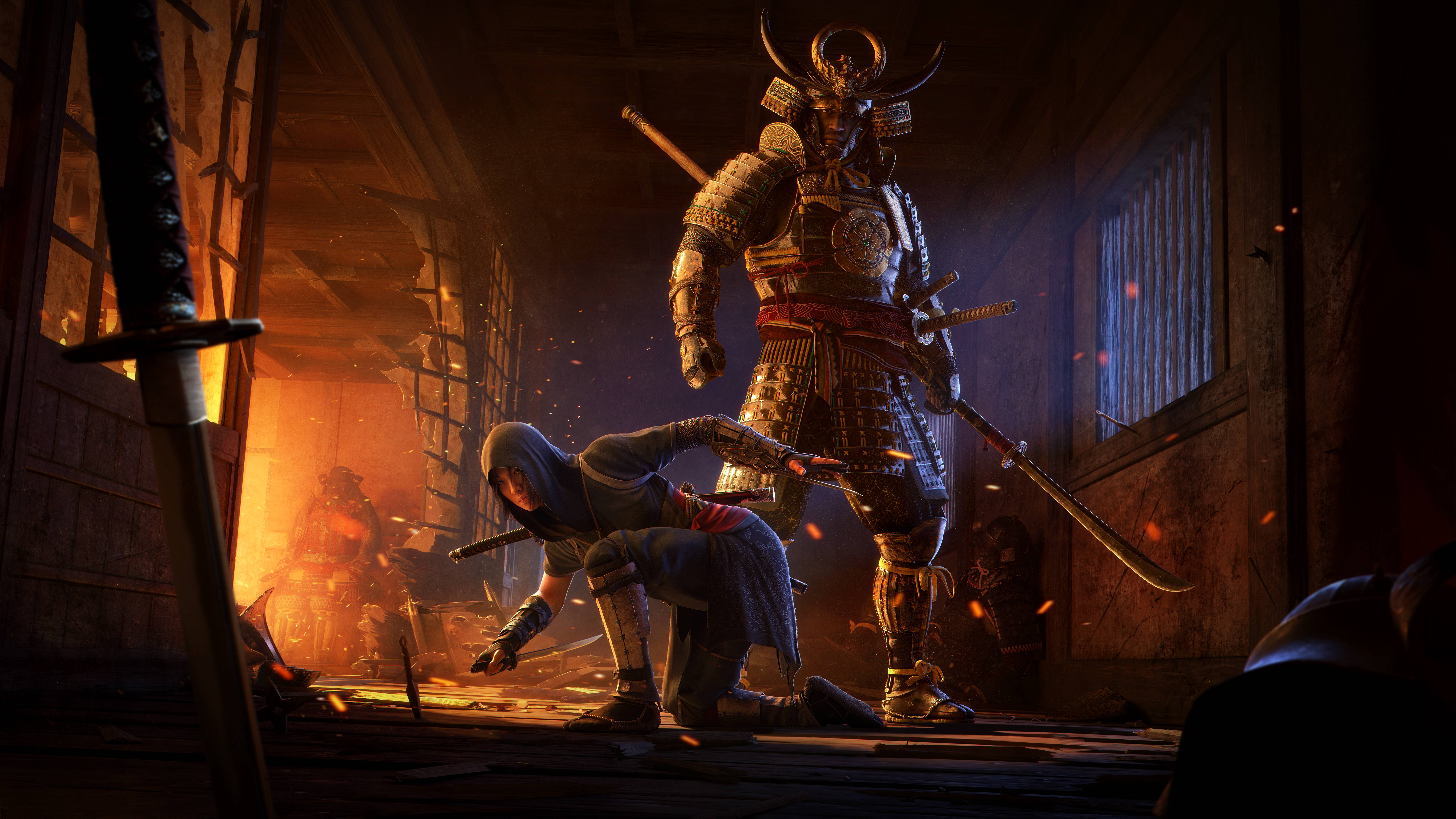
-
